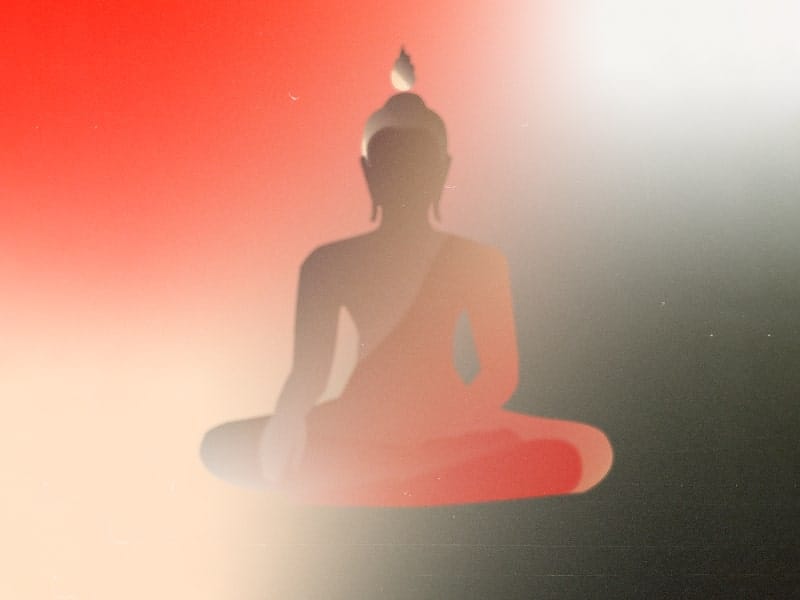Bodhi Day
Bodhi Day celebrates the awakening or enlightenment of Siddhartha Gautama, the historic Buddha.

Bodhi Day celebrates the awakening or enlightenment of Siddhartha Gautama, the historic Buddha.
Renee Harleston
Reviewer URLDate: December 8, 30
Pronunciation: BO-dee day
Bodhi Day celebrates the awakening or enlightenment of Siddhartha Gautama, the historic Buddha.
Origin
Siddhartha, a Hindu prince who gave up his status and material goods to achieve enlightenment, founded Buddhism. Siddhartha left his home to search for the meaning of life. After many years of searching, abstention and learning, he sat down under a Bodhi tree and vowed not to get up until he understood the meaning of life and suffering. On the eighth day, after fasting and meditation, he developed many realizations, including that life meant change. He became enlightened and his realizations became the principles of modern Buddhism.
When it is observed
For many in Japan and other parts of the world, Bodhi Day is observed on the fixed date of December 8. Mahayana Buddhists celebrate Bodhi Day on the eighth day of the 12th month of the lunar calendar, which means the date shifts from year to year. The last lunar Bodhi Day was January 10, 2022. The next Lunar Bodhi Day is December 30, 2022.
Traditions
Celebrants typically meditate, pray, and study Buddhist teachings in honor of Siddhartha. They may also set out pictures or small statues of the Buddha under a ficus or fig tree and light candles or string lights and leave them lit for 30 days after Bodhi Day to symbolize enlightenment. They may also eat a meal of rice and milk, which Buddha ate to break his fast.
Bodhi Day
Siddhartha Gautama, the historical Budhha, founded Buddhism in the late 6th to 5th century BCE. He is believed to have been an Indian Hindu prince who gave up his status and material goods to achieve enlightenment. It was prophesied that as an infant he would grow up to become either a king or a religious leader, and to ensure the former happened, his father protected him from all suffering and unpleasantness until he was 29 years old. But then he witnessed in succession what are now known as the Four Signs: an old man, a sick man, a dead man, and a monk in meditation. He dedicated his life to the pursuit of enlightenment and understood the meaning of life and suffering through the Four Noble Truths.